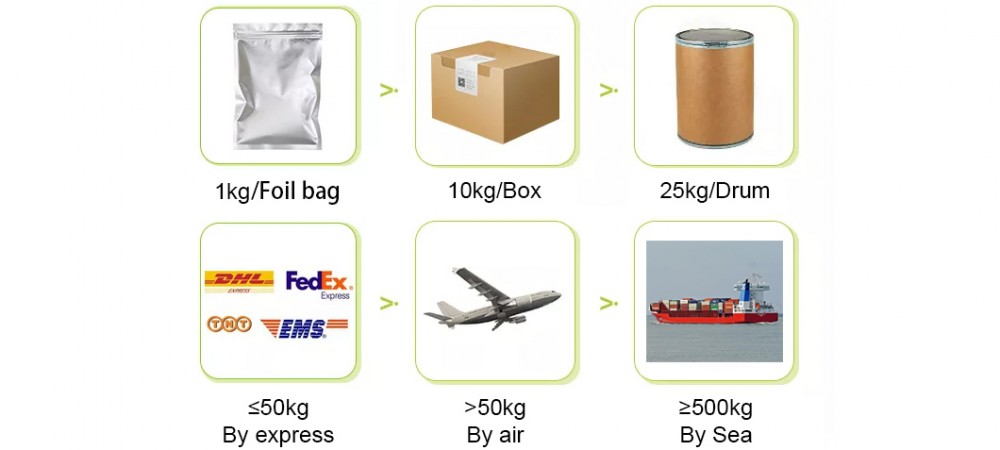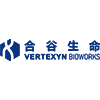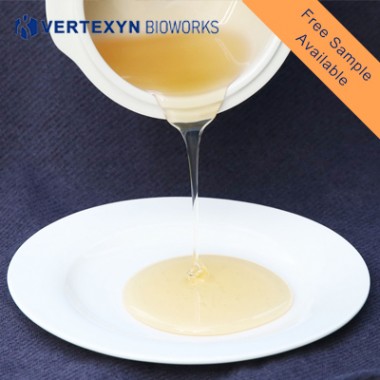10~30%, 99% Hydroxytyrosol(10597-60-1) Manufacturer/Bio-fermentation
Product Advantages:
Our products produced through bio-synthetic technology, natural purity≥98%. Our products have obtained multiple certifications such as ISO9001, HALAL, Kosher (OU), and our quality is fully guaranteed. You don't need to wait, we will supply in stock immediately, and can customize production according to your needs. Our price includes taxes and shipping services, so you don't have to worry about any worries. Choose us, and you will enjoy high-quality, cost-effective products and services.
Product Functions and Applications:
Cosmetics, Health Supplements, Food Additives
Certifications:

Packaging & Shipping:












